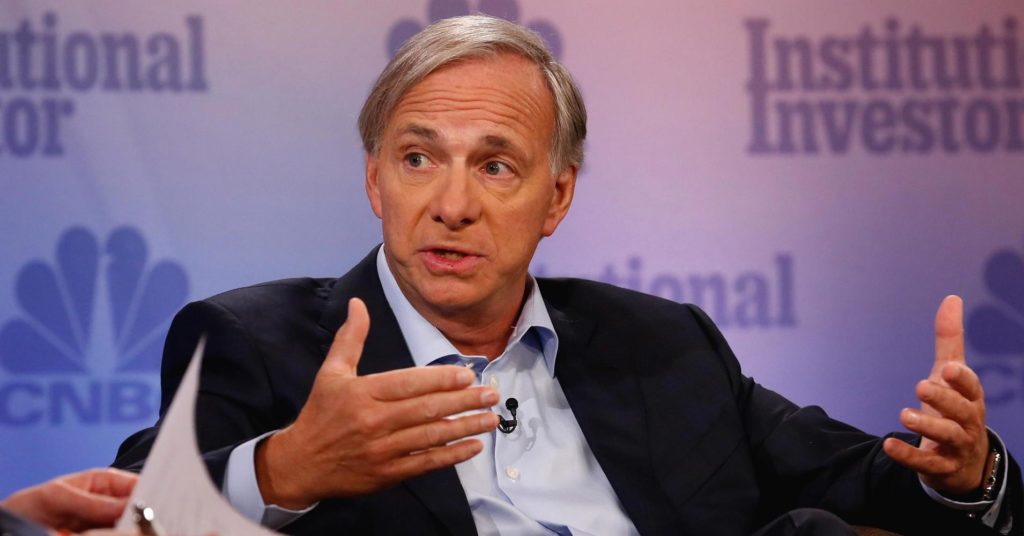
Below you will find a nice video summary of the book ‘Influence:The Psychology of Persuasion‘ by Robert Cialdini, PhD.
I recommend this book in my Books Club page, which you can access via the link at the top of every page on my site.
In the video, Australian YouTuber, podcaster, animator and book reviewer Brandon Nankivell lists and explains the six ‘weapons’ of ‘Influence‘ over other to get them to agree with you or say ‘yes’ to your requests, which can dramatically improve your relationships, business and career goals.
Influence Principle 1: Scarcity
The scarcity principle is an economic principle in which a limited supply of a good, coupled with a high demand for that good, results in a mismatch between the desired supply and demand equilibrium
This supply does not have to genuine. It can be implied to influence to make the customer make a quick decision. This is classic ‘fear of missing out’ (FOMO)
Influence Principle 2: Authority
Authority principle refers to the concept that each member of an ordered social hierarchy is expected to comply with the wishes of those who are ranked above him or her
– Nugent, Pam M.S.
This is why you obey your parents or teacher.
People will tend to obey authority figures, even if they are asked to perform objectionable acts. Dr. Cialdini cites the Milgram experiments (asking people to deliver lethal electric shocks) and the many atrocities committed by soldiers “just following orders”.
Influence Principle 3: Liking
Why do brands selling automobiles and alcoholic beverages always feature a sexy female model? (Granted that sports automobiles and alcohol advertisements usually target males.) Dr. Cialdini explains that we are more likely to comply with requests made by people that we like. That can range from our closest friends to complete strangers that we find attractive. This explains why we are that much more likely to purchase something recommended by people close to us.
In “Influence”, Dr. Cialdini lists 5 factors that powers the principle of Liking:
Physical attractiveness – Good looks suggest other favourable traits, i.e. honesty, humour, trustworthiness
Similarity – We like people similar to us in terms of interests, opinions, personality, background, etc.
Compliments – We love to receive praises, and tend to like those who give it.
Contact and Cooperation – We feel a sense of commonality when working with others to fulfil a common goal.
Conditioning and Association – We like looking at models, and thus become more favourable towards the cars behind them.
Cialdini cites the marketing of Tupperware in what might now be called viral marketing.
Influence Principle 4: Social proof
Social proof is a psychological and social phenomenon where people assume the actions of others in an attempt to reflect correct behavior in a given situation.
People will do things that they see other people are doing. For example, in one experiment, one or more confederates would look up into the sky; bystanders would then look up into the sky to see what they were seeing. At one point this experiment was aborted, as so many people were looking up that they stopped traffic.
Influence Principle 5: Commitment and consistency
If people commit, orally or in writing, to an idea or goal, they are more likely to honour that commitment because of establishing that idea or goal as being congruent with their self-image. Even if the original incentive or motivation is removed after they have already agreed, they will continue to honour the agreement. Cialdini, notes Chinese brainwashing of American prisoners of war to rewrite their self-image and gain automatic unenforced compliance. Another example is children being made to repeat the Pledge of Allegiance each morning and why marketers make you close popups by saying “I’ll sign up later” or “No thanks, I prefer not making money”.
Influence Principle 6: Reciprocation
People tend to return a favour, thus the pervasiveness of free samples in marketing. In his conferences, he often uses the example of Ethiopia providing thousands of dollars in humanitarian aid to Mexico just after the 1985 earthquake, despite Ethiopia suffering from a crippling famine and civil war at the time. Ethiopia had been reciprocating for the diplomatic support Mexico provided when Italy invaded Ethiopia in 1935. The good cop/bad cop strategy is also based on this principle.
Check out the video for Nankivell’s brief explanation of each.
Enjoy!
Scott
PS. If you think any of your friends would like to increase their Influence then please Share via the social widgets around the page.

